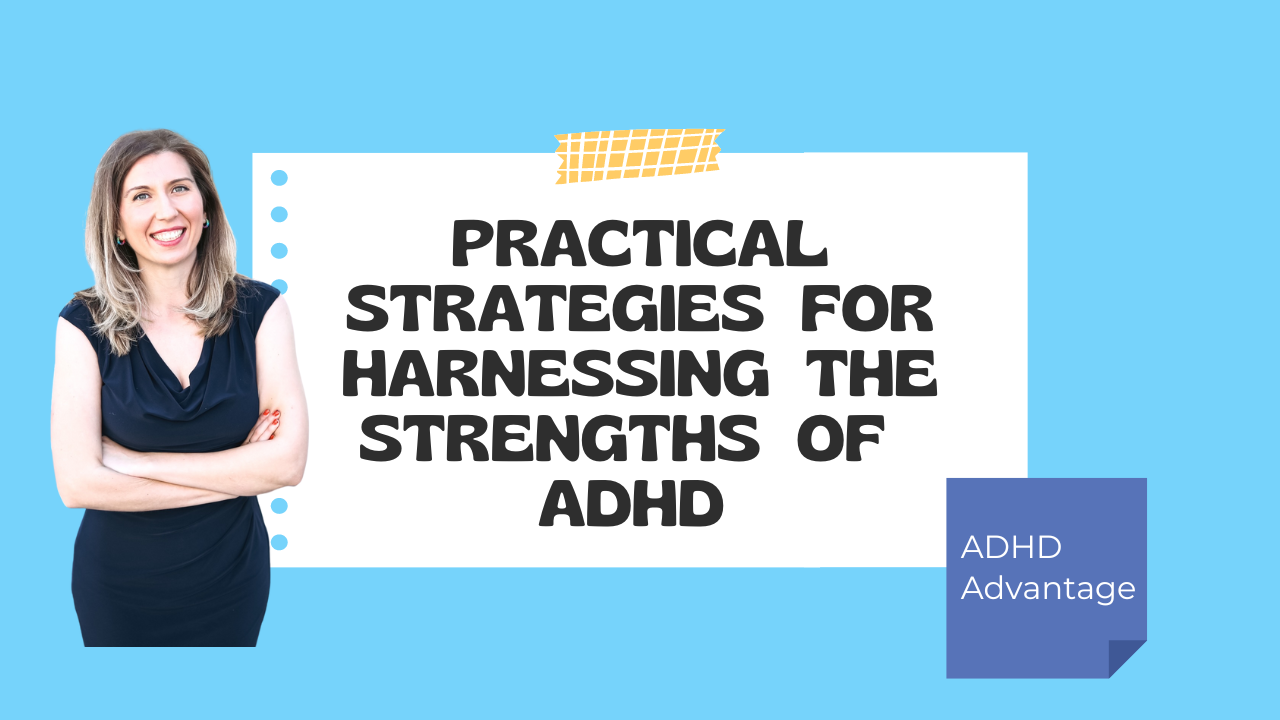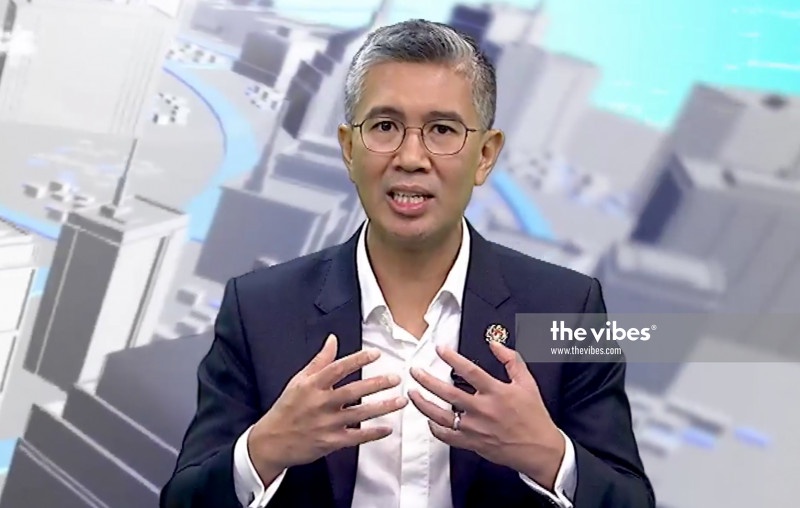Harnessing The Power Of Group Support For ADHD

Table of Contents
Understanding the Unique Benefits of Group Support for ADHD
Many individuals with ADHD experience feelings of isolation and misunderstanding. The unique challenges of ADHD can make it difficult to connect with others who don't share similar experiences. ADHD support groups offer a vital antidote to this social isolation. Within a supportive community, you'll find a sense of validation and understanding that's often lacking elsewhere.
The shared experience within an ADHD community creates a powerful sense of belonging. You'll discover that you're not alone in your struggles, and that many others share similar experiences and coping mechanisms. This shared understanding can be incredibly validating and empowering. Furthermore, ADHD support groups provide a rich environment for the exchange of practical tips and strategies for managing symptoms. Members freely share what works for them, offering a wealth of knowledge and support unavailable elsewhere.
- Reduced feelings of loneliness and isolation.
- Shared experiences foster a sense of belonging and reduce feelings of being different or alone.
- Learning from others' successful coping strategies provides a variety of approaches to try.
- Increased self-esteem and confidence through validation and mutual support.
- Improved communication and social skills through practice and interaction within a safe environment.
Finding the Right ADHD Support Group for You
Finding the right ADHD support group is crucial for maximizing its benefits. The ideal group will depend on your individual needs and preferences. Consider several key factors when making your choice.
Different types of support groups cater to various needs. You might find:
- Online vs. In-person: Online groups offer flexibility and accessibility, while in-person groups provide the benefit of face-to-face interaction.
- Adult vs. Child/Teen: Groups are often specifically designed for adults or children/teens, addressing the developmental differences in coping mechanisms and challenges.
- Specific Challenges: Some groups focus on particular ADHD-related difficulties such as ADHD and relationships, ADHD and work, or ADHD and specific comorbidities.
When researching and choosing a group, consider:
- Group size: Smaller groups may allow for more intimate sharing, while larger groups offer greater diversity of perspectives.
- Facilitator experience: A skilled and experienced facilitator can create a safe and productive environment.
- Group dynamics: Observe the group's interactions and atmosphere to see if it feels like a good fit.
- Read reviews and testimonials: Look for feedback from past participants to gauge the group's effectiveness and overall experience.
- Attend a meeting as a guest: Many groups allow potential members to attend a meeting as an observer before committing.
Maximizing Your Participation in ADHD Support Groups
Active participation is key to benefiting fully from your ADHD support group. Preparing beforehand sets the stage for a productive experience.
- Set clear goals: What do you hope to achieve by participating in the group? Identifying your objectives will help you focus your efforts.
- Practice active listening: Pay attention to what others are sharing, ask clarifying questions, and demonstrate empathy.
- Share your experiences openly and honestly: Vulnerability fosters connection and creates a supportive environment.
- Respect the experiences of other group members: Remember that everyone's journey is unique and deserves respect.
- Prioritize self-care: Participating in a support group can be emotionally demanding; ensure you’re managing your stress levels and energy effectively.
Combining Group Support with Other ADHD Management Strategies
While ADHD support groups are invaluable, they're most effective when integrated into a broader approach to managing ADHD. A holistic strategy encompasses various aspects of your life.
Consider combining group support with:
- Medication management: Medication can significantly alleviate certain ADHD symptoms, allowing you to engage more fully in group activities.
- Cognitive Behavioral Therapy (CBT): CBT helps you identify and modify negative thought patterns and behaviors.
- Lifestyle changes: Diet, exercise, and sufficient sleep play a significant role in managing ADHD symptoms.
- Organizational strategies: Implementing organizational systems can help you manage your time, tasks, and responsibilities more effectively.
- Mindfulness and meditation practices: These techniques can help improve focus, reduce impulsivity, and manage stress.
Harnessing the Power of Group Support for a Better Life with ADHD
Joining an ADHD support group offers numerous benefits, including improved coping mechanisms, reduced social isolation, increased self-esteem, and access to a wealth of practical advice and support. By finding the right group for you and actively participating, you can harness the transformative power of community. Remember that combining group support with other ADHD treatment strategies is crucial for holistic ADHD management.
Start exploring ADHD support groups today and discover the transformative power of community in managing your ADHD. [Link to resource 1 for finding ADHD support groups] [Link to resource 2 for finding ADHD support groups]

Featured Posts
-
 Nyt Wichita Black Hawk Crash Pilot Error In Final Turn
Apr 29, 2025
Nyt Wichita Black Hawk Crash Pilot Error In Final Turn
Apr 29, 2025 -
 Remembering The 2012 Louisville Tornado Impacts And Recovery
Apr 29, 2025
Remembering The 2012 Louisville Tornado Impacts And Recovery
Apr 29, 2025 -
 Alberta Economy Hit Dow Project Delay Amid Tariff Disputes
Apr 29, 2025
Alberta Economy Hit Dow Project Delay Amid Tariff Disputes
Apr 29, 2025 -
 North Carolina University Shooting Leaves One Dead Six Wounded
Apr 29, 2025
North Carolina University Shooting Leaves One Dead Six Wounded
Apr 29, 2025 -
 Car Dealers Intensify Fight Against Electric Vehicle Regulations
Apr 29, 2025
Car Dealers Intensify Fight Against Electric Vehicle Regulations
Apr 29, 2025
